First-ever Bangladeshi custom mechanical keyboard project “Kebab”
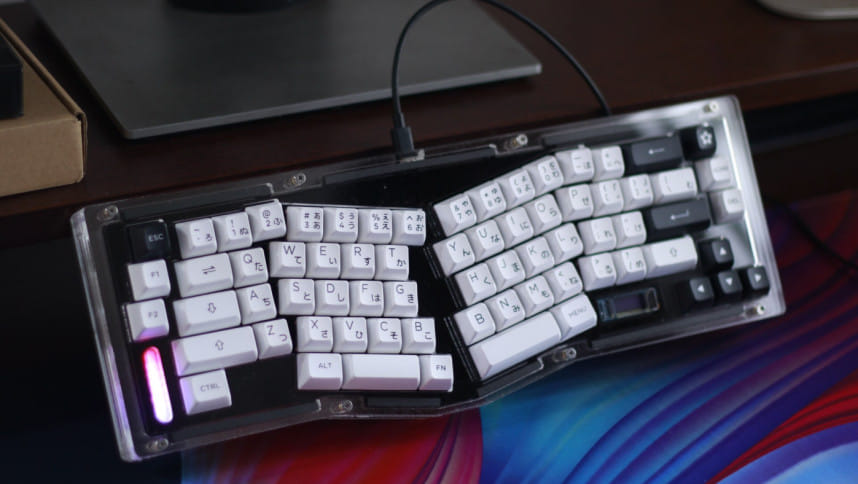
The mechanical keyboard user community is growing at a fast pace in Bangladesh. However, the enthusiasts and even the average user mostly use imported foreign keyboards and accessories because they are neither locally available nor manufactured, making them relatively more expensive.
Mechanical keyboards are different from usual rubber membrane or scissor-switch keyboards in many ways. Each key on a mechanical keyboard has its own switch and it registers as a keystroke if the key is pressed down firmly enough. A mechanical keyboard uses distinct elements that may be customised in most ways imaginable. The bend in the design also adds comfort to the typing experience.
"Kebab" keyboard by KeeBot is the first-ever Bangladeshi mechanical keyboard project. KeeBot is an independent creator of mechanical keyboards and related components in Bangladesh. Founded only a year ago, they have received much appraisal from the local mechanical keyboard enthusiast community at a fast pace. The team is co-founded and run by Sadnan Adib and Samiul Bashar Anan.
It recently completed its first batch of product delivery as well. In the enthusiast community, this is known as "group buy," essentially pre-ordering a keyboard by many people at once. The keyboards are then created and delivered to those that completed the pre-order. Approximately three months were required to complete all delivery of Kebab keyboards first "group buys" project.
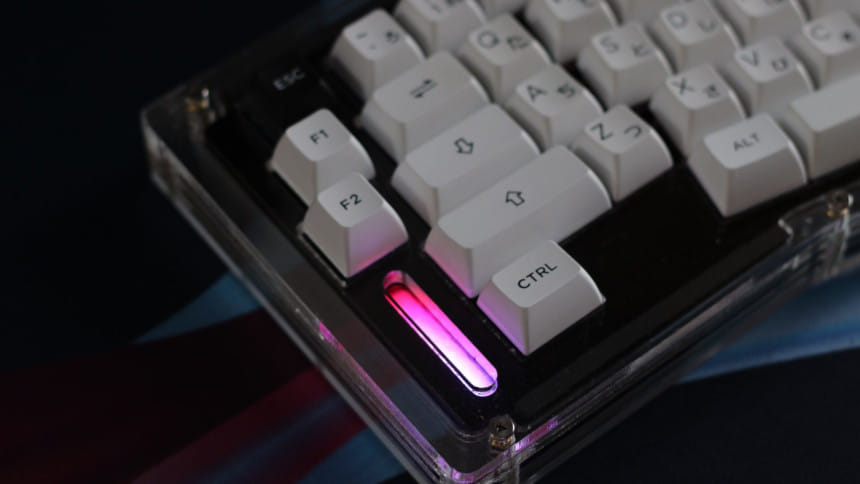
A few aspects set the Kebab keyboard separate from most others. It offers excellent pricing and its form factor, and it is designed and assembled in Bangladesh. According to the founder of KeeBot, Sadnan Adib, "Kebab was initially a different-do personal project, which when shared to the public was turned into a project in public support."
On pricing, the Kebab keyboard retailed at 7,500 BDT per barebone kit. A barebone kit is a mechanical keyboard kit that does not ship with switches or keycaps. On average, any other barebone kit of Kebab's similar form factor retails at a much higher price. They cost no lower than 100 USD and as high as 250 USD in general, roughly equivalent to 9,000 BDT to 24,000 BDT as of now. Such keyboards also need to be imported, meaning there are additional charges and logistical difficulties on top of the product price.
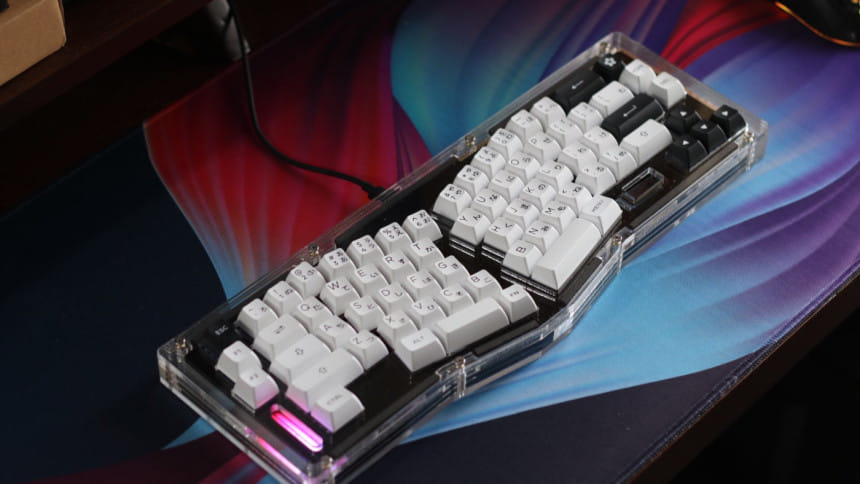
The form factor of Kebab is not like most everyday keyboards. It is available in the Alice style, a keyboard divided down the middle, with little space bars and B keys on both sides. Moreover, it comes with a small, customisable screen on the right side. The keyboard is fully customisable by the free-to-use (open source) software VIAL. By default, it shows a cat typing on the screen when anything is typed on the keyboard. It also has a LED light on the left panel, which is also customisable. The keyboard is hot-swappable for both 3-pin and 5-pin switches, meaning any switch can be used on it and can be changed anytime. The keyboard is also gasket mounted, so using it potentially feels easier on the hands. It also has a rotatable knob on the left panel, which may be used for volume control, screen scrolling and other cool features.
The keyboard is designed and assembled in Bangladesh. The KeeBot team did the circuit design and the 3D modeling for the board. Many materials used, such as the case, were also from Bangladesh. What needed to be imported was the PCB board and screws due to compatible units not being widely available in Bangladesh. Hopefully, over time, it may someday also be compatible and produced locally, too, expressed the team behind the keyboard.
"Upon receiving the Kebab keyboard, our customers offered positive and constructive comments. It helped us develop our moral boost and understand how we can develop in future projects," added Sadnan Adib. "Support from friends and family played a big part in this challenging journey," he adds.
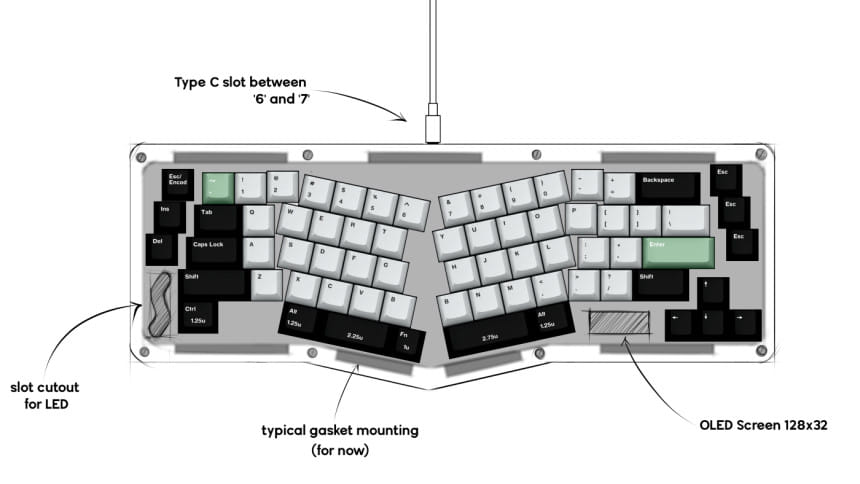
The KeeBot team is working on future projects at this time. They are now also working on creating more conventional form-factor keyboards. If demand goes high, they might create more Kebab keyboards.
The Alice-style keyboard belongs to a niche enthusiast market and may not be suitable for the masses. However, the step of KeeBot to create this project is vital to support and uplift the local mechanical keyboard community. It also takes a step forward to uplift the barrier of expense, making it more affordable and accessible to many who otherwise would not be able to experience such custom mechanical keyboards.

 For all latest news, follow The Daily Star's Google News channel.
For all latest news, follow The Daily Star's Google News channel. 


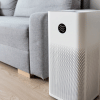

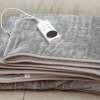



Comments